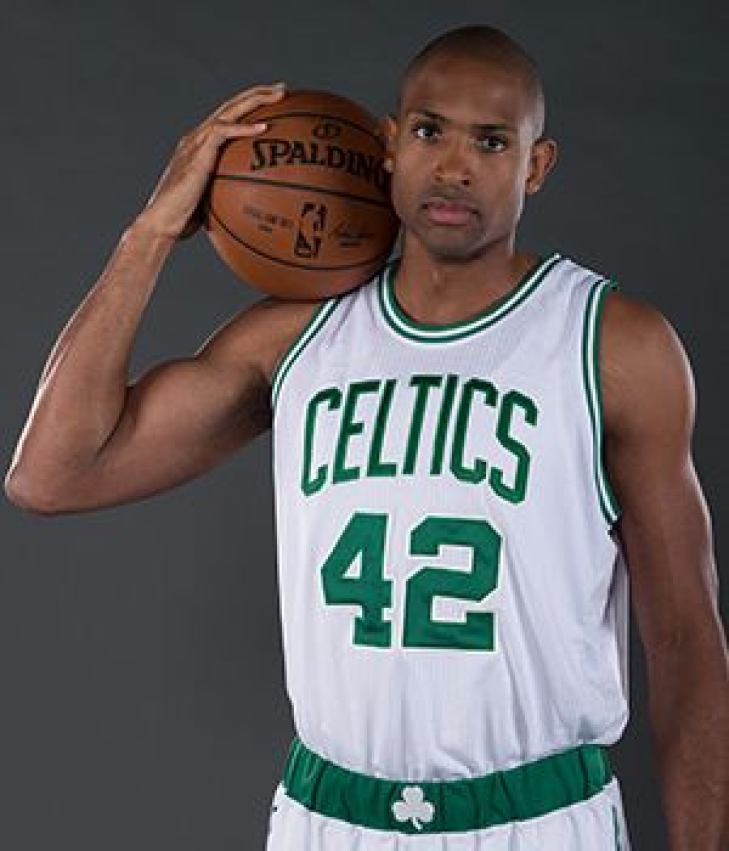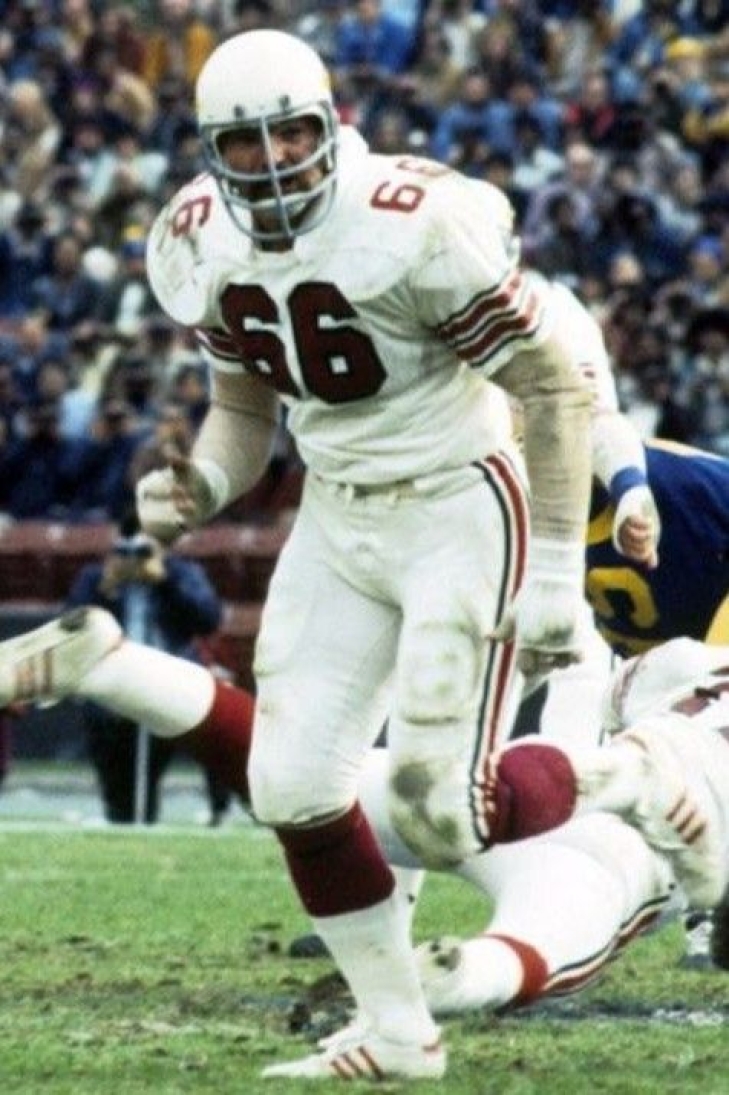
Committee Chairman
The Ethical Dilemmas of AI and Robotics: Navigating the Boundaries of Automation
Although AI is revolutionizing businesses and various management-related processes, it can also have a significant impact on our lives and the way we perform certain tasks. In key industrial domains, artificial intelligence is not only an academic or societal concern; it has also delved into reputational risk for companies.
Imagine you are taking some time off and checking into the Mr. Bet Casino Live action. While you may choose to play with AI-generated croupiers, the personalization that live croupiers offer can hardly be the same. There is always the possibility that Artificial Intelligence will improve your odds of winning. Yet, given that "the casino never loses," does it not offer a risk that AI will be utilized to boost the house edge instead?
Whether it is a leading casino brand, a bank, or any other company, none of them would allow themselves to risk their reputation through the faults of AI ethics. This article navigates the limitations of automation, requiring careful consideration of these ethical problems to enable responsible and inclusive advancement.
The Ethical Tightrope of Artificial Intelligence and How It Impacts People
AI is a big domain of multivariate principles and applications. The prime allure of it stems from its promise of efficiency, productivity, and the capacity to free humans from tedious and repetitive work. AI and robots have already proven their ability to simplify procedures and improve outcomes across several industries across the world, from manufacturing and healthcare to automation and space exploration. Sounds incredible? Maybe it's just because the whole idea of the artificial imitation of the human brain is incredible. No matter how much fascinating this innovation is, it entails several challenges:
- The Black Box Element: Artificial Intelligence is built on machine learning algorithms that process enormous volumes of text input and convert syntaxes into training patterns. This data is used to make predictions. That is not a spell. Because this data would lack human intellect and intuition, there would be nuances and subtleties in communication and language;
- Lack of Transparency: Understanding the logic behind AI systems' judgments is still difficult, and it can be quite complicated without human intervention. This lack of transparency can impede accountability, particularly in vital applications such as healthcare and banking;
- The Trolley Problem: There is a philosophical question behind the ethical dilemma of performing an action that harms someone to save more. It can be related to different subjects, from preventing an accident by robotic cars to managing sensitive content. The circumstances require moral ethics and decision-making, which often pose challenges in building systems based on human brain imitation. Finding a universal answer is the hardest part of addressing a contentious problem;
- Privacy and Surveillance: From security cameras to deep neural networks, as AI becomes capable of face recognition, predictive analytics, and similar roles, it raises concerns for privacy and ethical rights. These cameras won’t ask for permission to take a picture. It is high time to establish a balance between using Artificial Intelligence for security and protecting individual liberties. Strict rules and norms are essential for ensuring that Artificial Intelligence and robots do not breach people's private rights;
- Human-Machine Interactions: The advancement of AI and robotics ushers in a significant shift in human-machine interactions. Individuals may establish emotional ties to robots as they grow more sophisticated and lifelike. This raises ethical concerns regarding the nature of these interactions as well as the possibility of exploitation. These difficulties are addressed by the notion of "robotics;"
- Responsible Autonomy: The proliferation of sophisticated autonomy raises ethical questions about responsibility. It is more poignant in applications such as autonomous weapons and decision-making systems. The ethical dilemma here lies in defining the boundaries of human control over AI, as granting too much autonomy to machines can lead to unpredictable and potentially harmful outcomes. Striking the right balance between human oversight and AI autonomy is crucial to preventing unintended consequences and ensuring accountability.
While machines cannot have a creative or emotional intellect, their immeasurable capability to consume data and perform high-precision tasks can change the course of action. Combining the benefits of automation with the ethical duty to maintain human livelihoods necessitates careful analysis and, perhaps, the establishment of new job and social support models.
Will Machines Take Over Humans?
Even as artificial intelligence has transformed and revolutionized various industries and aspects of human life, it has also brought to the forefront several complex ethical quandaries. The core challenges are rooted in our understanding of autonomy, responsibility, and the very nature of human-robot interactions.
As the human brain imitating technologies and robotics become increasingly integrated into our lives, it invokes the common fear that they will pave the way for the displacement of jobs and a recession. Is that true?
On the one hand, feats of improved efficiency can enhance work experiences and job satisfaction, but the threats of socioeconomic inequality are a pressing concern.
But it is more of a rumor because machines don’t have that core capability to emulate human intelligence, logic, and reasoning. The equipment, hardware, or software can only do what they are programmed to do. This signifies the boundaries of automation.
19. Al Horford
Four times an All-Star with the Atlanta Hawks, Al Horford signed with the Boston Celtics in 2016 with the hope that this would be the team that would earn him his first NBA Championship. It finally happened in 2024.
In Horford’s first season in Boston, he averaged 14 Points per Game and was a solid defensive player, aiding the Celtics in pushing Cleveland to a seventh Games in the Eastern Conference Finals. The year after, Horford added his fifth All-Star, won Second Team All-Defensive honors, and again helped lead his team to the ECF, again losing to the Cavaliers. After another solid season in 2018-19 where he averaged 12.6 Points and had a career-best .586 in Effective Shooting Percentage, Horford signed with division rival Philadelphia, but that did not end his story in Boston.
The Celtics reacquired Horford, who was now with Oklahoma City in a trade before the 2021/22 Season, and though the Center was aging, he was still a valuable starter capable of big moments. Horford and the Celtics made it to the 2022 Finals, and though in 2022/23 he dipped below 10 Points per Game for the first time, his leadership still helped the Celtics make another deep playoff run.
Last year, Horford only started in half of his games, but though he has a reduced role, his veteran presence and defensive skills helped Jayson Tatum and Jaylen Brown win it all, with the trio winning their first NBA Championship.
48. Conrad Dobler
There was a time when Sports Illustrated mattered, and in one of their weekly publications, they named Conrad Dobler "Pro Football's Dirtiest Player."
Dobler was more infamous than he was good, but that should not take away from his skills as an Offensive Guard. A Pro Bowler three years in a row from 1975 to 1977, the vicious Lineman was a Second Team All-Pro in 1977. The Cardinals were not great when Dobler played there, but his tenacity and anger were factored into their opponent's game plans.
47. Bob Reynolds
In Bob Reynolds, we have another forgotten player from the 1960s, who was one of the best Offensive Lineman in Bowling Green history.
Taken in the Second Round in 1963, Reynolds became the starting Left Tackle for St. Louis in his second year. While the Cardinals struggled in the '60s, Reynolds did not, impressing enough to go to the Pro Bowl three times (1966, 1968 & 1969). He left for the Patriots in 1972, though he returned to St. Louis for one Game in 1973 and retired after the season.
Reynolds started 105 of his 122 Games with the Cards.





